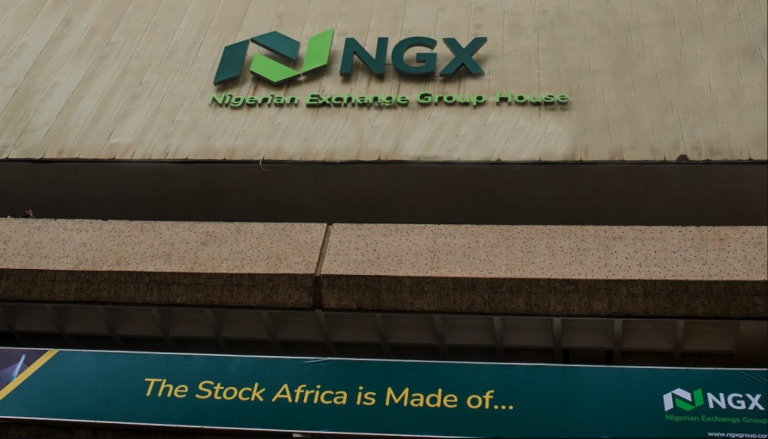Nigeria’s stock market, the Nigerian Exchange Group (NGX), experienced a significant sell-off on Wednesday, with investors witnessing a 1.27% decline in the benchmark All-Share Index.
This downturn followed a 1.39% loss recorded on Tuesday, intensifying the bearish trend that began on Monday.
The sell-offs were exacerbated by the announcement from the monetary policy committee of the Central Bank, which raised the monetary policy rate to a record high of 22.7%, up from 18.75%.
This decision affected market sentiments profoundly, leading to widespread losses across the board.
Except for the oil and gas index, all other major indexes recorded losses, reflecting the broad impact of the hawkish policy rates on market dynamics.
Investors, speaking to Nairametrics, highlighted that the increased policy rates present significant challenges for equity markets, contributing directly to the observed sell-offs.
The NGX All-Share Index dipped below the 100,000 points mark for the first time in over a month, ending the day at 99,302.57.
- Consequently, the stock market’s capitalization also dropped to N54.3 trillion, marking a substantial loss of N700 billion for investors. In the first three days of trading alone, stocks have lost N1.5 trillion in market value, underscoring the severity of the market downturn.
- The banking sector, particularly the FUGAZ banks — consisting of First Bank of Nigeria Holdings (FBNH), United Bank for Africa (UBA), Guaranty Trust Holding Company (GTCO), Access Bank, and Zenith Bank — were among the major losers.
- Fast Moving Consumer Goods (FMCG) stocks, including Nigerian Breweries (NB), Dangote Sugar, and Honeywell, also experienced notable declines.
- Notably, Nestle Nigeria Plc, which reported a N104 billion loss earlier in the day, closed flat, indicating that investors had already factored in these results.
Impact of MPR
The decision by the Central Bank’s monetary policy committee to increase the benchmark Monetary Policy Rate (MPR) significantly impacts the financial markets.
- Such measures are typically aimed at controlling inflation but can have the unintended consequence of dampening investor sentiment towards equities, as higher interest rates tend to favor fixed-income investments over stocks.
- This shift in investment preference often leads to sell-offs in the stock market, as observed in the NGX’s recent performance.
- Meanwhile, interest in fixed-income assets will likely rise as investors seek the safety of their investments.
This recent market activity also highlights the delicate balance central banks must maintain between controlling inflation and supporting economic growth.
As investors adjust their strategies in response to these policy changes, the impact on different sectors of the economy will continue to unfold, offering valuable insights into the interplay between monetary policy and financial market dynamics.
Meanwhile, despite the bearish trends, Nigeria’s stock market still trades at a price-to-earnings ratio of 14.49x compared to Frontier Markets’ 11.45x. South Africa, Ghana, and Egypt all trade at 15.76x, 3.67x, and 14.28x respectively.

